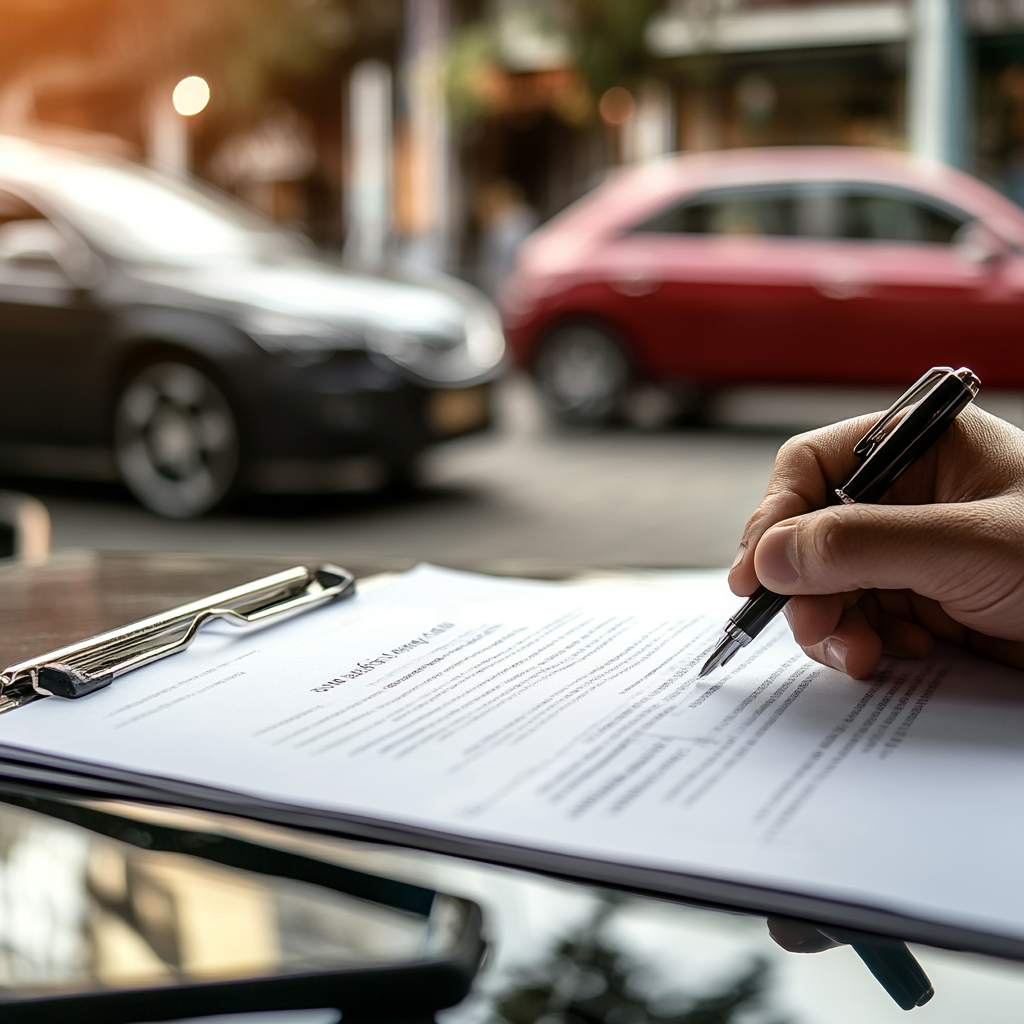Car accidents can be stressful, daunting, and life-changing experiences. Beyond the immediate aftermath, victims often face a labyrinth of legal processes necessary to claim compensation for their injuries. This is where an understanding of auto injury settlements becomes incredibly important.
Understanding Auto Injury Settlements
An automobile injury settlement is a legal agreement reached between the involved parties of a car accident. This settlement is arranged to resolve a claim for damages, including but not limited to, medical expenses, property damage, lost wages, and pain and suffering. Settling an auto injury claim out of court is often preferred by both sides, as it saves time, resources and avoids the uncertainty of a jury verdict.
The key parties involved in auto injury settlements typically include the injured party (plaintiff), the party alleged to have caused the accident (defendant), and their respective insurance companies. It’s important to understand that while you may have been hit by another vehicle, your legal contest will often be with the at-fault party’s insurance company, rather than the individual driver.
These settlements involve a negotiation process, whereby the plaintiff or their attorney will present a demand letter to the insurance company stating the facts of the car accident and the amount of compensation sought. The insurance company, in turn, will scrutinize the demand and either agree to pay up, propose a lower counteroffer, or deny the claim outright. This back-and-forth continues until both parties agree on a satisfactory amount, thus finalizing the settlement.
It’s important to note that accepting a settlement means you waive your rights to pursue further legal action related to the accident. Therefore, understanding the worth of your claim and making informed decisions during negotiation is crucial to receive fair compensation.
Factors Impacting Auto Injury Settlements
Not all auto injury settlements are created equal. A multitude of factors can influence the settlement amount you receive and it’s essential to have an understanding of these aspects as you prepare your claim.
The Severity of Injury: This is one of the most crucial factors. The more severe the injury, the higher the medical bills are likely to be. A more significant injury could also result in prolonged recovery durations, impairing your earning capacity during this period, and potentially, reducing your future earning ability.
The Impact on Lifestyle: If the accident has significantly impacted your lifestyle and overall quality of life, such as an inability to partake in hobbies or impaired day-to-day functionality, this can increase the value of your claim due to increased non-economic damages such as pain and suffering or emotional distress.
The Role of the Defendant: If the defendant’s negligence can be clearly linked to the cause of the accident, the settlement amount may increase. Comparative negligence laws differ by state, which can impact a settlement if the plaintiff has some degree of fault.
The Role of Insurance Companies: Insurance companies are businesses primarily aiming to maximize profits and minimize loss payouts. They thoroughly evaluate claims presented to them and may seek to settle claims for as little money as possible. The specific terms of both the defendant’s and plaintiff’s insurance policies can also play a pivotal role in shaping the final settlement.
Understanding these variables can better equip you to gather the right information and ensure you’re adequately compensated for your losses. Remember, your unique circumstances significantly impact your claim’s value, and professional legal advice can help address each variable correctly.
The Process of Obtaining an Auto Injury Settlement
Having a clear understanding of the process ahead can equip you for success. Here’s a step-by-step walkthrough of what to expect.
- Immediately After the Accident: Priority one is ensuring your safety and seeking necessary medical treatment. Recording details of the accident, including photographs and witnesses’ contact information, is a critical initial step.
- Filing a Claim: The next step is to promptly notify your insurance company about the accident and begin the process of filing a claim. It’s important to cooperate fully with your insurance company, providing accurate and comprehensive information while being mindful not to admit fault prematurely.
- Gathering Evidence: The strength of your claim largely banks on the quality of supporting evidence. This involves compiling all related medical records, invoices, wage loss verification from your employer, and any relevant photographs or witness statements.
- Demand Letter: Armed with this evidence, a demand letter can be drafted addressing the insurance company of the at-fault party. This letter is a formal statement of your case and typically includes the circumstances of the accident, the nature and extent of your injuries, medical treatment received, any financial losses, and the compensation amount you’re seeking.
- Negotiations: After reviewing your demand, the insurance company might accept your offer, reject it, or propose a counter-offer. Negotiations ensue, ideally culminating in a mutually agreed settlement.
- Settlement Agreement: A settlement agreement is then drafted, outlining the terms of the settlement – chiefly, the compensation amount and the agreement to release the at-fault party from further liability. Once both parties sign the agreement, the insurance company issues the settlement payment.
The timeline for this process varies significantly based on the specifics of your case, such as the severity of your injuries or the complexity of proving fault.
How a Personal Injury Attorney Can Help
Navigating an auto injury settlement might seem straightforward, but the unique intricacies involved in each case, coupled with the adept negotiation tactics of insurance companies, often make the process anything but. During such times, seeking the guidance of a seasoned personal injury attorney can prove to be a game-changer.
Evidence Gathering: The sooner you contact an attorney after an accident, the better, as they are highly adept at gathering evidence from the scene of the accident.
Expert Assessment: An experienced attorney can rigorously analyze your case to accurately evaluate its value. They can help identify unseen pitfalls and possibilities that might impact the compensation you’re entitled to, ensuring that you don’t overlook important claim components.
Negotiation Skills: Arguably one of the most valuable advantages an attorney brings to the table is their negotiation prowess. With a deep understanding of the law and extensive experience dealing with insurance companies, they can robustly negotiate on your behalf, maximizing the chances of a fair settlement.
Legal Guidance: From properly filing a claim to ensuring timelines are met and crafting a persuasive demand letter, legal expertise is instrumental at every stage of the process. An attorney can help you avoid common pitfalls that can potentially devalue your claim or even make it invalid.
Filling a Lawsuit: If a fair settlement cannot be reached, a lawsuit may be necessary to protect your rights. An experienced attorney can advise on whether this route is beneficial for your specific circumstances and, if so, skillfully represent your case in court.
Need an attorney?
If you or a loved one have been involved in an auto accident, contact us as soon as possible. This will put your case in the best possible position, avoiding spoilage of evidence. We will always assign one of our experienced attorney’s to your case, an never use an intake department that may not be qualified to handle your case.




